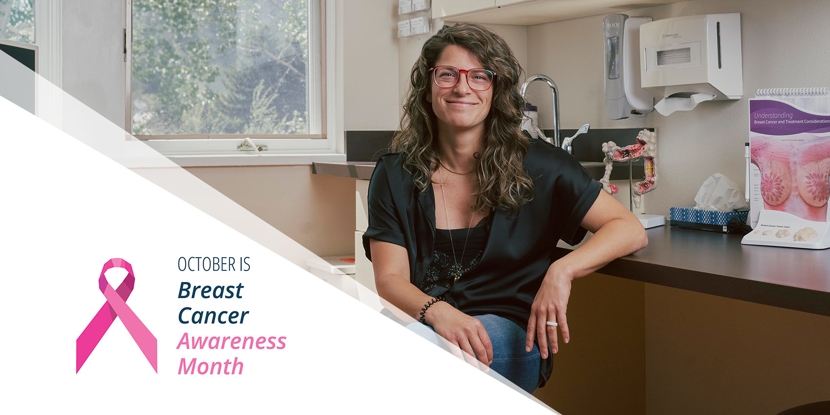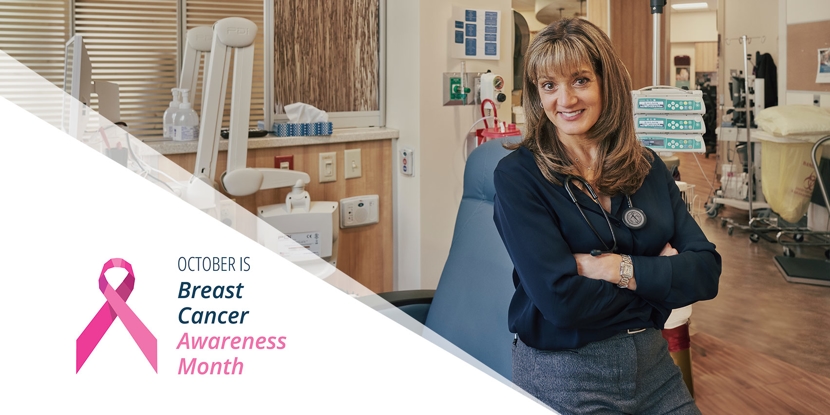Recovering From a Prostatectomy
- Category: Cancer Care, General Surgery, Men's Health
- Posted On:
- Written By: St. John's Health

Ensuring an Easy Post-Surgery Recovery
Prostate cancer is the most common type of cancer in men older than 50 and is the third leading cause of death from cancer. More than three million men in the United States have prostate cancer.
A prostatectomy may be done to treat prostate cancer or other conditions of the prostate. If you’re in need of this surgery, taking the steps to ensure an easy, healthy recovery is important.
What is a Prostatectomy?
A prostatectomy is a type of surgery to remove either a part or the entirety of the prostate gland. The prostate is a small, walnut-shaped gland that's part of the male reproductive system. It's located just below the bladder in front of the rectum. To determine if you’ll need this surgery, a biopsy is often done first.
Recovery Tips
After a prostatectomy, it's important to take care of yourself and follow your doctor's instructions for a safe recovery. Here are some tips:
- Get plenty of rest. You'll probably feel tired for several weeks after surgery.
- Take your time getting out of bed. When you first get home, get out of bed slowly. sit on the edge of the bed for a few minutes before standing up.
- Avoid lifting anything heavy. Heavy lifting can increase your risk of bleeding and hernia at the surgical site.
- Don't drive until your doctor says it's okay. You shouldn't drive until your doctor says it's safe for you to do so.
- Follow a healthy diet. Eating healthy foods will help you heal and recover more quickly.
- Attend follow-up appointments. Be sure to keep all of your follow-up appointments with your doctor. This is important to ensure that your recovery is progressing well.
Urology & Robotic Surgery in Jackson Hole, WY
If you have any questions or concerns about your prostate surgery, be sure to talk to your doctor. They can give you more specific instructions for a safe and successful recovery.
At St. John’s Urology, we’re committed to maintaining a healthy urinary system. Our team treats urologic cancer, kidney stones, prostate health, incontinence, and many other diseases that affect male patients young to old.
Learn more about St. John’s Urology services today. For more information on our minimally-invasive surgery program, visit our website.



